Keywords: Democratic Labor Party
-
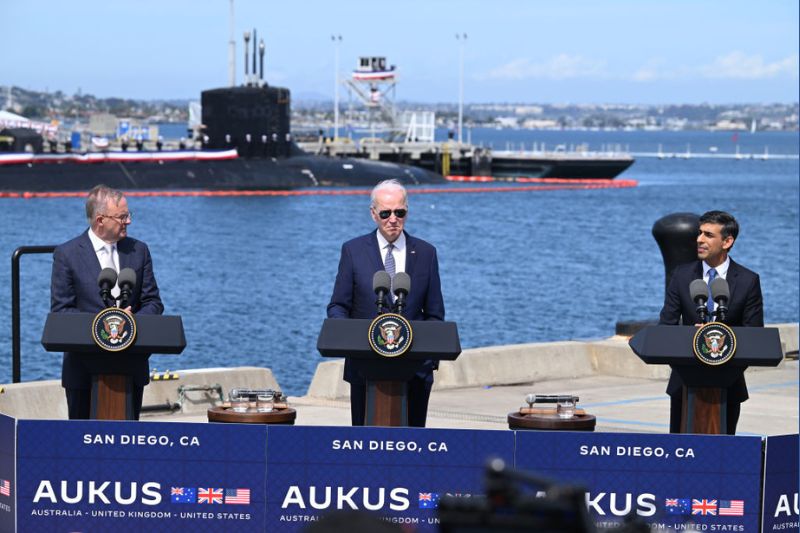
INTERNATIONAL
- Binoy Kampmark
- 28 March 2023
8 Comments
Australia's decision to partner with the US and the UK for the AUKUS pact has drawn scrutiny with questions looming about acquisition, construction and delivery of the nuclear-propelled submarines and a projected $368 billion outlay for up to eight vessels.
READ MORE
-

RELIGION
- John Warhurst
- 12 January 2023
The Church must speak up to be relevant, but those who seek to ‘speak for the church’ must be brave. They risk exposing themselves to claims of bias unless they stick to a very narrow agenda and speak in extremely measured terms. Yet if they are too bland they risk being irrelevant to the sharp end of political debate and their intervention becomes little more than a symbolic ritual.
READ MORE
-
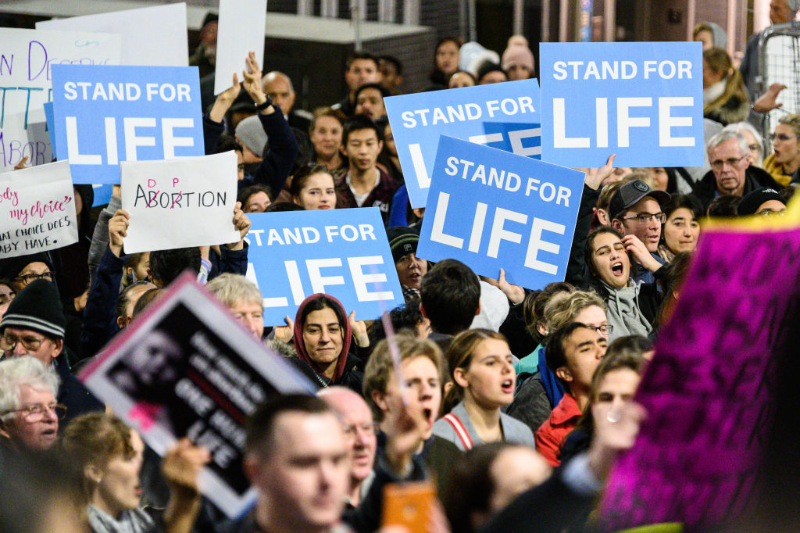
AUSTRALIA
- Michael McVeigh
- 15 June 2022
6 Comments
One would assume that the Victorian Liberal Party has looked at the numbers, and believes that religious conservatives no longer make up a significant proportion of their constituency. Certainly, the moral authority of the Catholic Church and other Christian denominations has taken a battering in the state over the last decade, with many remaining openly hostile to religious perspectives. If the pro-life movement was ever a significant force in Australian politics, that’s no longer the case.
READ MORE 
-

AUSTRALIA
- Julian Butler
- 03 June 2022
1 Comment
Bernie Finn is not a figure I would naturally warm to. He has a rambunctious, contrarian persona that grates. A few months ago, if you had said to me that he would be expelled from the Victorian Liberal Party, I would have imagined it would be for some position or action I find egregious. Instead, he has been expelled for a position I essentially share.
READ MORE 
-
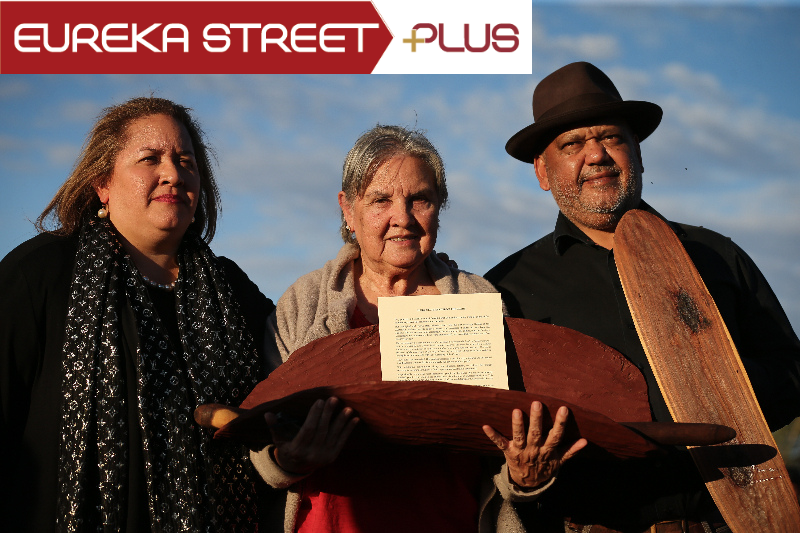
AUSTRALIA
- Frank Brennan
- 06 May 2022
5 Comments
Whoever is Prime Minister after the election on May 21, he will need to address the question of Indigenous recognition in the Australian Constitution. This is the sixth election in a row when the question has been a live, unresolved issue during the election campaign. The patience of Indigenous leaders is understandably wearing thin. Trust is waning. There is still no clear path ahead. So where to from here?
READ MORE 
-

RELIGION
- John Warhurst
- 26 April 2022
22 Comments
The Church must speak up to be relevant, but those who seek to ‘speak for the church’ must be brave. They risk exposing themselves to claims of bias unless they stick to a very narrow agenda and speak in extremely measured terms. Yet if they are too bland they risk being irrelevant to the sharp end of political debate and their intervention becomes little more than a symbolic ritual.
READ MORE 
-
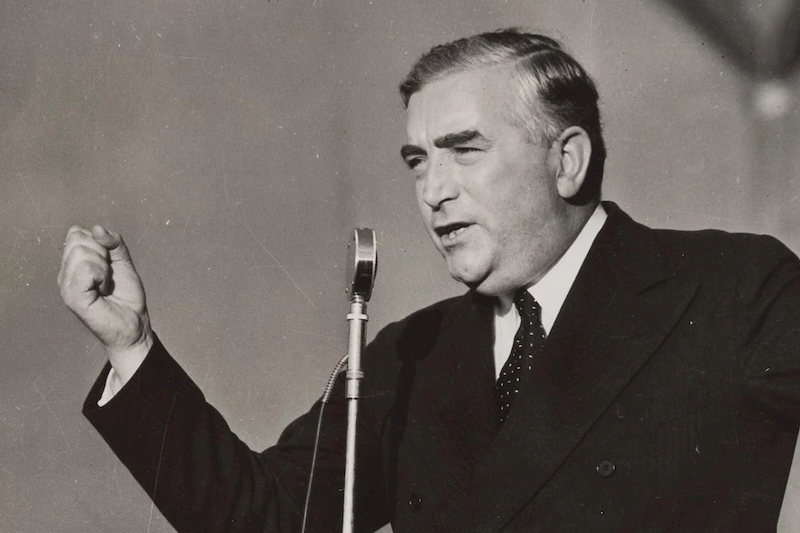
AUSTRALIA
- John Warhurst
- 09 March 2022
13 Comments
Domestic policies are often regarded as more important than foreign affairs and defence policies in influencing Australian election campaigns. But national security campaigns by the government of the day, known as either khaki elections or reds under the beds, have such a long history in Australian federal elections that they challenge the conventional wisdom.
READ MORE 
-
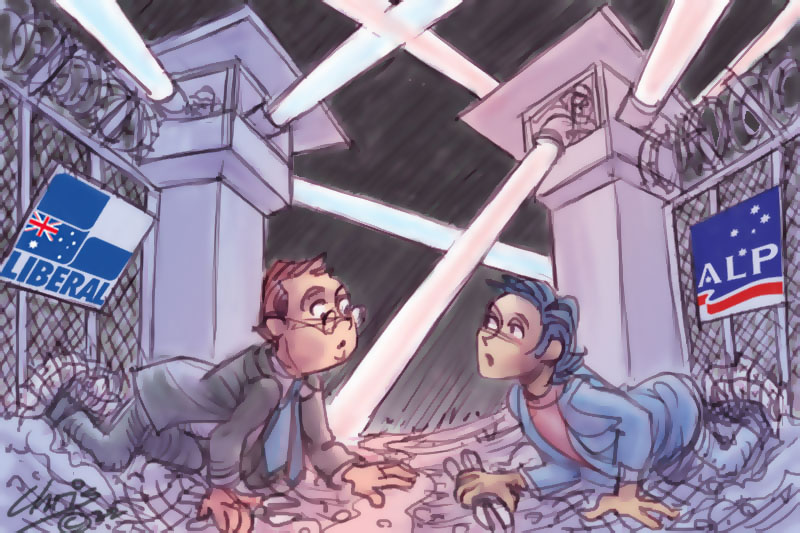
AUSTRALIA
Most of us accept that over the last twenty-odd years, something has shifted in the way politics in Australia is conducted, and not for the better. Notably, our government (and media) are seen by most voters as a dividing force within society rather than a uniting one.
READ MORE 
-
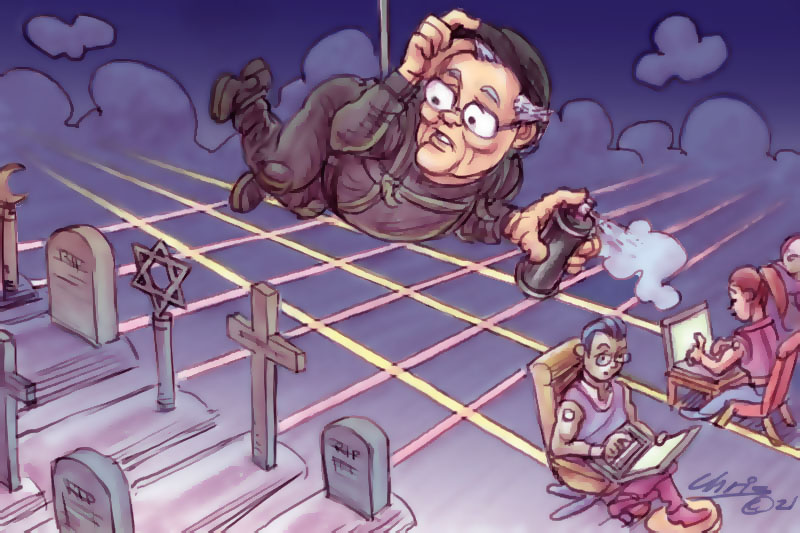
AUSTRALIA
- Tim Dunlop
- 15 November 2021
8 Comments
The experience of the Covid-19 pandemic has been like the aerosol used in those heist movies, where the cat burglar breaks into the museum and sprays the air to reveal the invisible lines of power that criss-cross the space between the door and cabinet where the treasure is kept.
READ MORE 
-

INTERNATIONAL
Using the term ‘colonisation’ in regard to Israel and its relationship to Palestine and its settlements in the West Bank is contested, with some claiming that the situation is not a perfect parallel to other colonial contexts throughout history.
READ MORE 
-
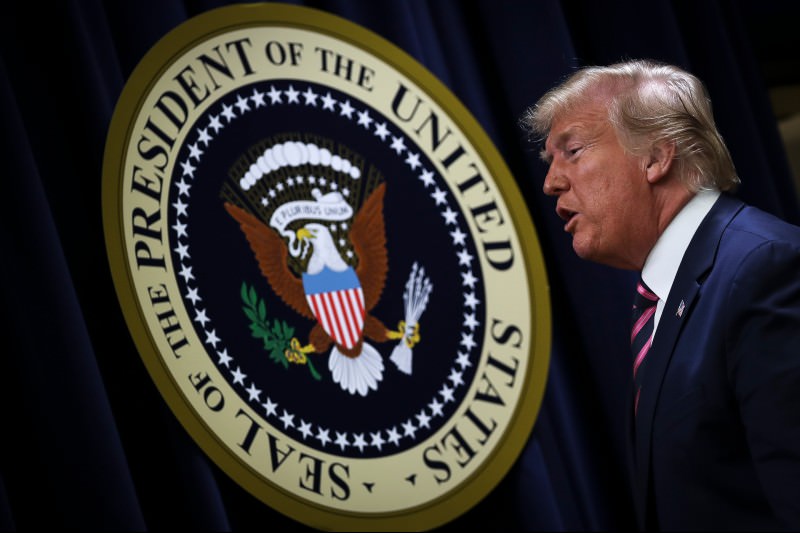
INTERNATIONAL
- Cristy Clark
- 01 October 2020
5 Comments
It’s tempting at this point to blame 2020 for the almost comically bad situation we are facing right. But here’s the thing: this isn’t bad luck or even some kind of testament to the power of numerology. This dire situation was entirely predictable and even, sadly, entirely preventable. We walked right into it — or, at least, we allowed ourselves to be led here.
READ MORE 
-
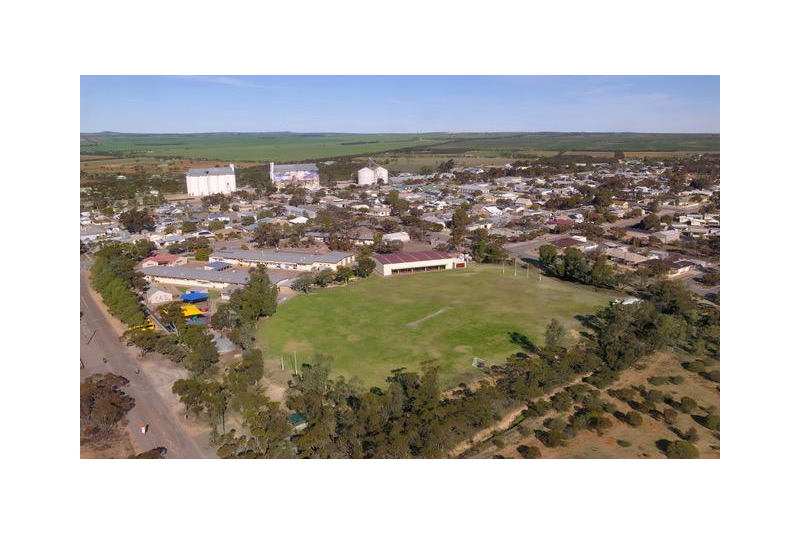
ENVIRONMENT
- Michele Madigan
- 28 July 2020
9 Comments
There’s a long way to go for the Coalition to change from ‘its business as usual’ performance in this as in many other matters. We can all play our part, however, in encouraging Senators to stop another sizable wind back in the nation’s democratic processes. If the Senate defeats this Radioactive Waste Management Bill then the Barngarla and others can, as in any democratic country, take to court the minister’s processes.
READ MORE 